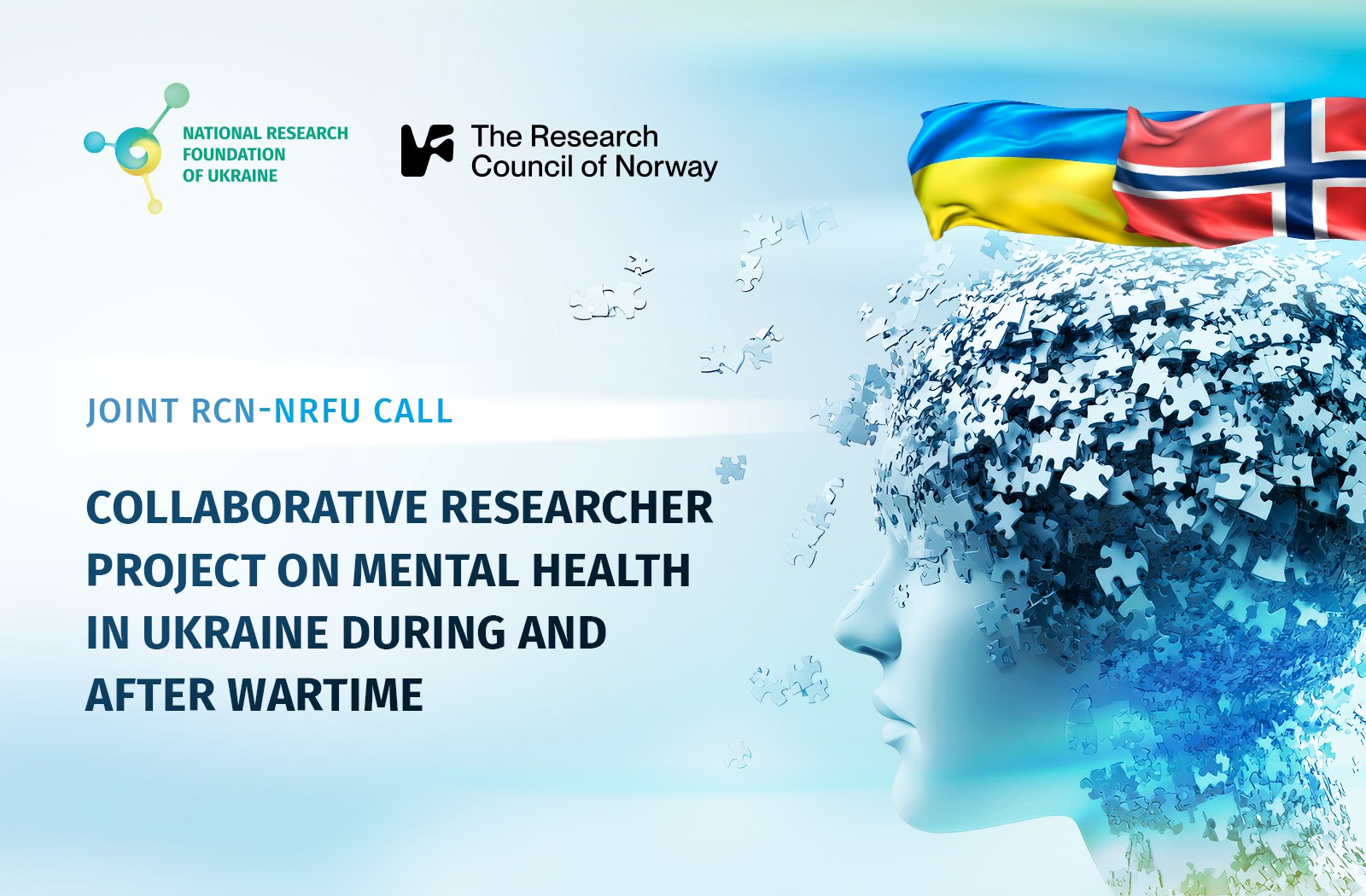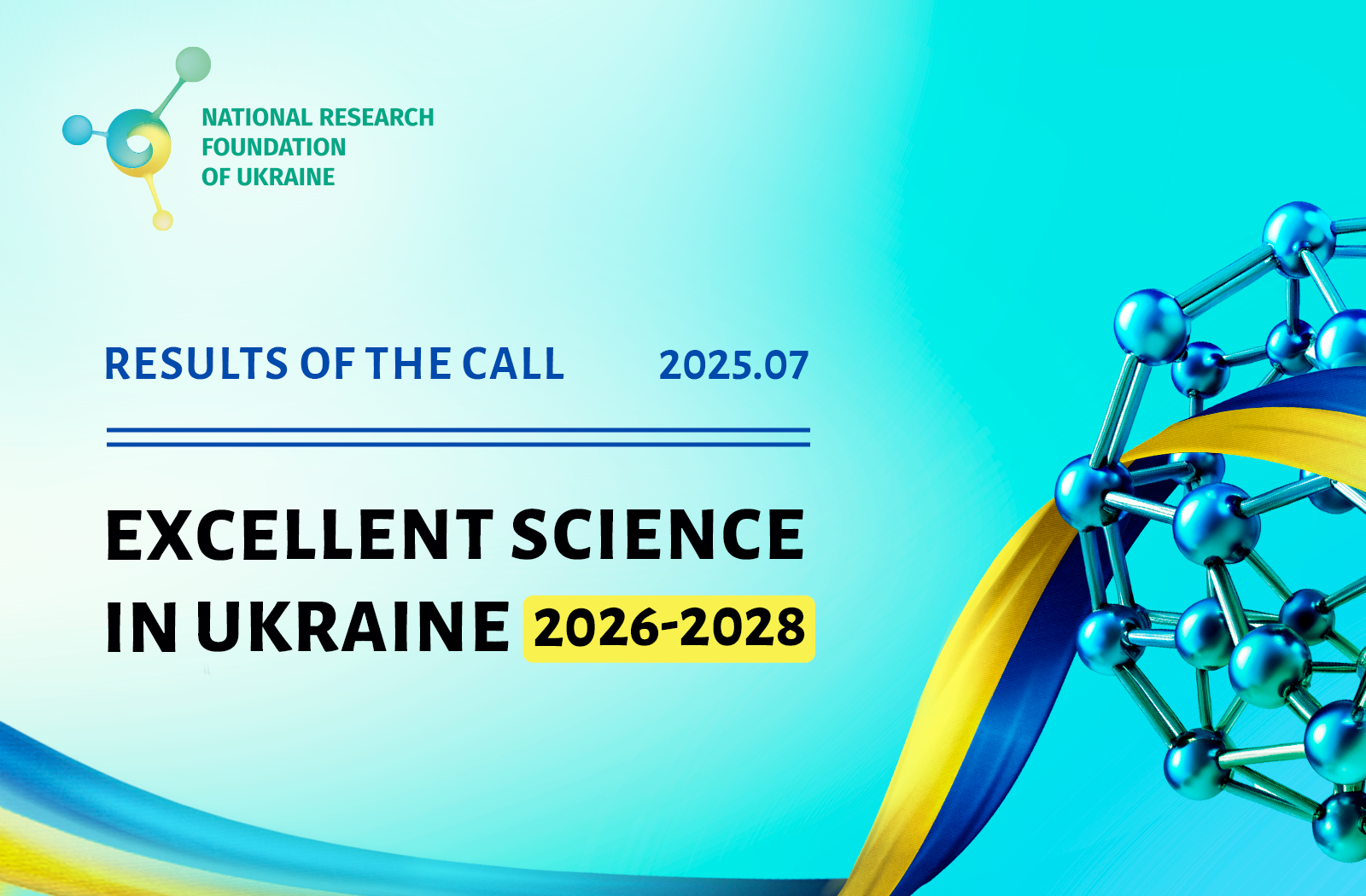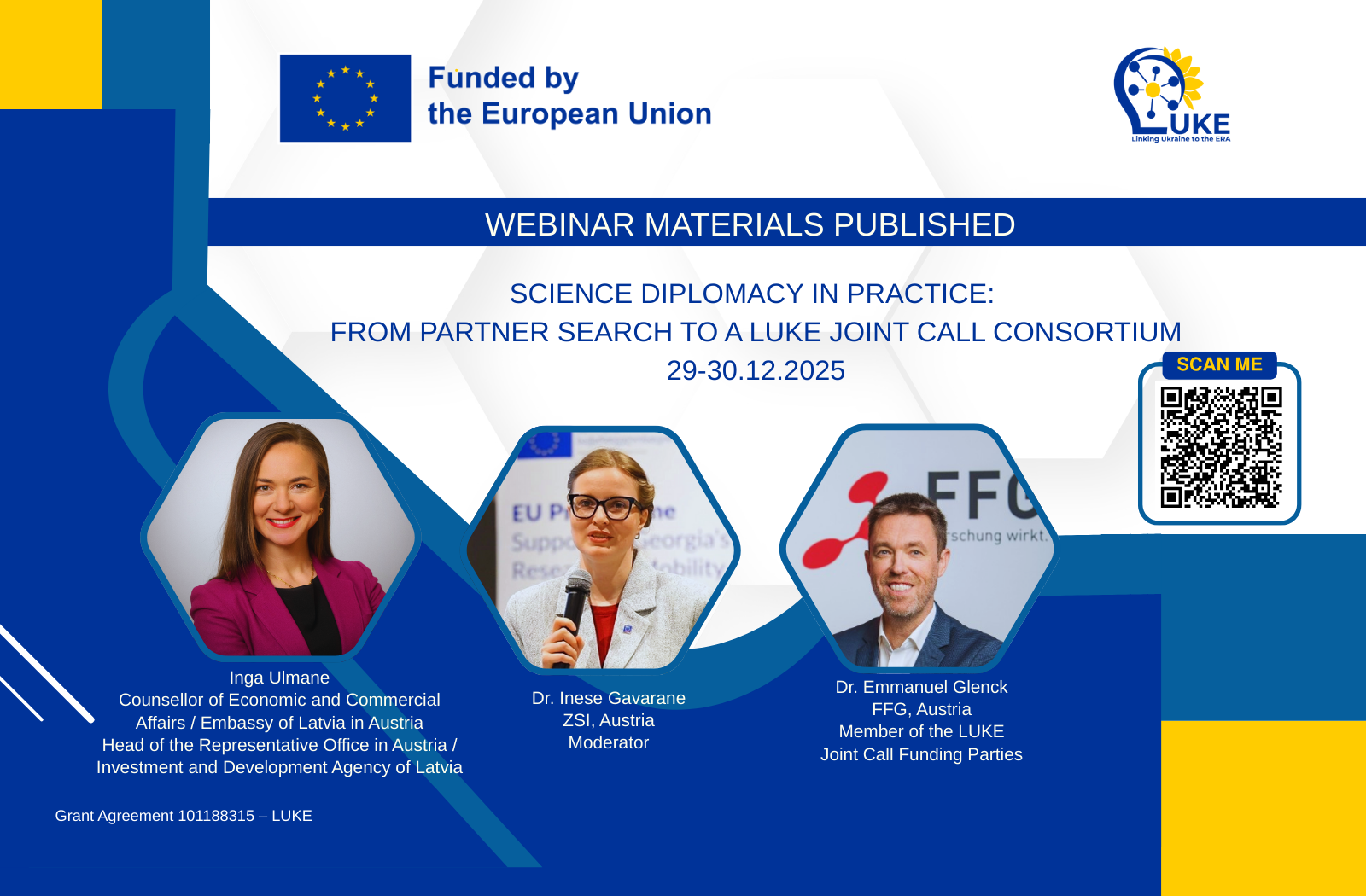Scientists at Taras Shevchenko National University in Kyiv are looking for a way to prevent SARS-CoV-2 from entering the human body.
For more than a year, the world’s best scientists have been studying the mechanisms of SARS-CoV-2 virus spread, the course of COVID-19, complications from the disease and so on. Scientists at the Institute of High Technologies of the Taras Shevchenko National University are studying the cellular mechanisms of action of the virus on various systems of the human body and are looking for a way to “not let” the virus into the cell.
The project is a winner of the NRFU’s call and received grant funding of almost 9.5 million UAH.
Project supervisor Serhiy Ryabukhin said that scientists decided to join the fight against the virus at the beginning of the pandemic. The cellular mechanisms of action of the virus on the human body were chosen for research, because this action causes severe and long-term side effects. Scientific intuition has not failed: today, more than a year after the beginning of the pandemic, the existence of such consequences and their duration is no longer in doubt. The World Health Organization identifies these complications as Long COVID.
“Concierge” at the entrance to the cell
What is the essence of the project?
– The ACE2 molecule “passes” into the cells only those molecules that are necessary for life that is a kind of concierge at the entrance to our cells. There was a hypothesis that the SARS-CoV-2 virus, using a spike-like protein on its surface, binds to ACE2 – as a key inserted into the lock, – explains Serhiy Viktorovych. – We are trying to determine whether ACE2 is really one of the stages of virus spread, is whether SARS-CoV-2 enters the cell after interaction with the ACE2 molecule. We want to find small and fairly simple molecules that can also combine with ACE2 and block (inhibit) the entry of the virus.
Figuratively speaking, if the entrance to the cell can be “blocked”, the virus will no longer be able to “open the door” because “another key has already been inserted into the lock.”
Ten molecules and а hope
When the project won the call, the scientists immediately set to work. Firstly, all known chemical molecules that could have at least the minimal blocking property against ACE2 were analyzed.
Finally, the ten most promising molecules were selected and the development and optimization of methods for their synthesis began.
Of course, these complex studies would not have been possible without the modern equipment purchased with a grant.
To stop SARS-CoV-2 and other viruses
How is the work on the search for molecules that block ACE2 and complicate the penetration of SARS-CoV-2 into cells progressing?
According to the scientist, four out of ten compounds have already been synthesized, and their biological research is currently underway. Four more compounds are in the final stages of synthesis.
– By the end of the project we plan to develop 4-5 low molecular weight chemical probes of selective ACE2 inhibitors based on different chemotypes (types of compounds), which should “close the entrance” for the virus and confirm or refute the hypothesis of ACE2 in its mechanism of action. – says the project supervisor.
Of course, these probes are by no means drugs, but the results of the project can give humanity new knowledge about the virus and become the impetus for the creation of such drugs in the future.
The scientists are convinced that the results of their work will allow many researchers around the world to study the mechanism of action not only of SARS-CoV-2, but also of any virus in which ACE2 is involved.
– I am proud of our team, – Serhiy Viktorovych speaks with pride. – The success and encouraging results of research are the result of coordinated work of scientists.
I ask the project manager: what advice would he give to scientists who are currently only planning to apply for the competition?
Serhiy Viktorovych answered that, despite the difficulties of the first year of work, in particular, excessive reporting, he advises colleagues to submit their projects to the competition.
Svitlana GALATA






